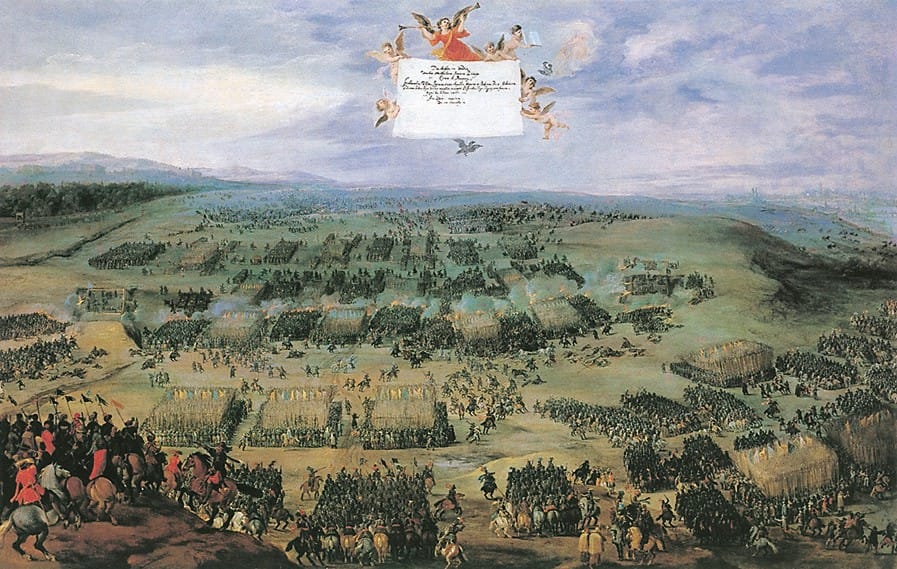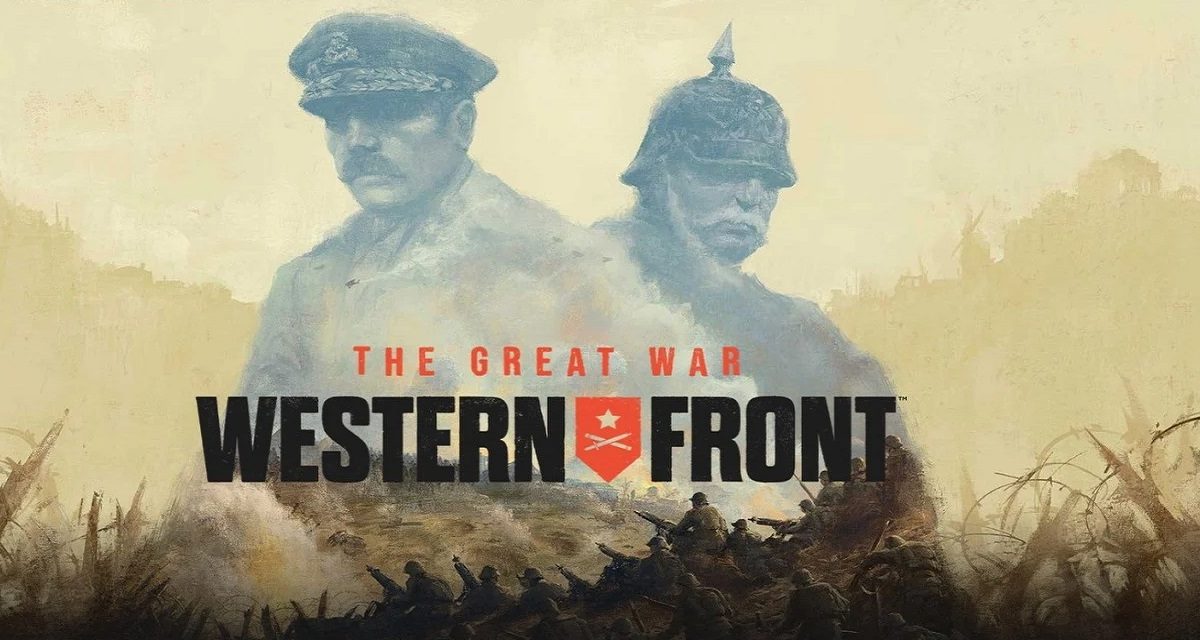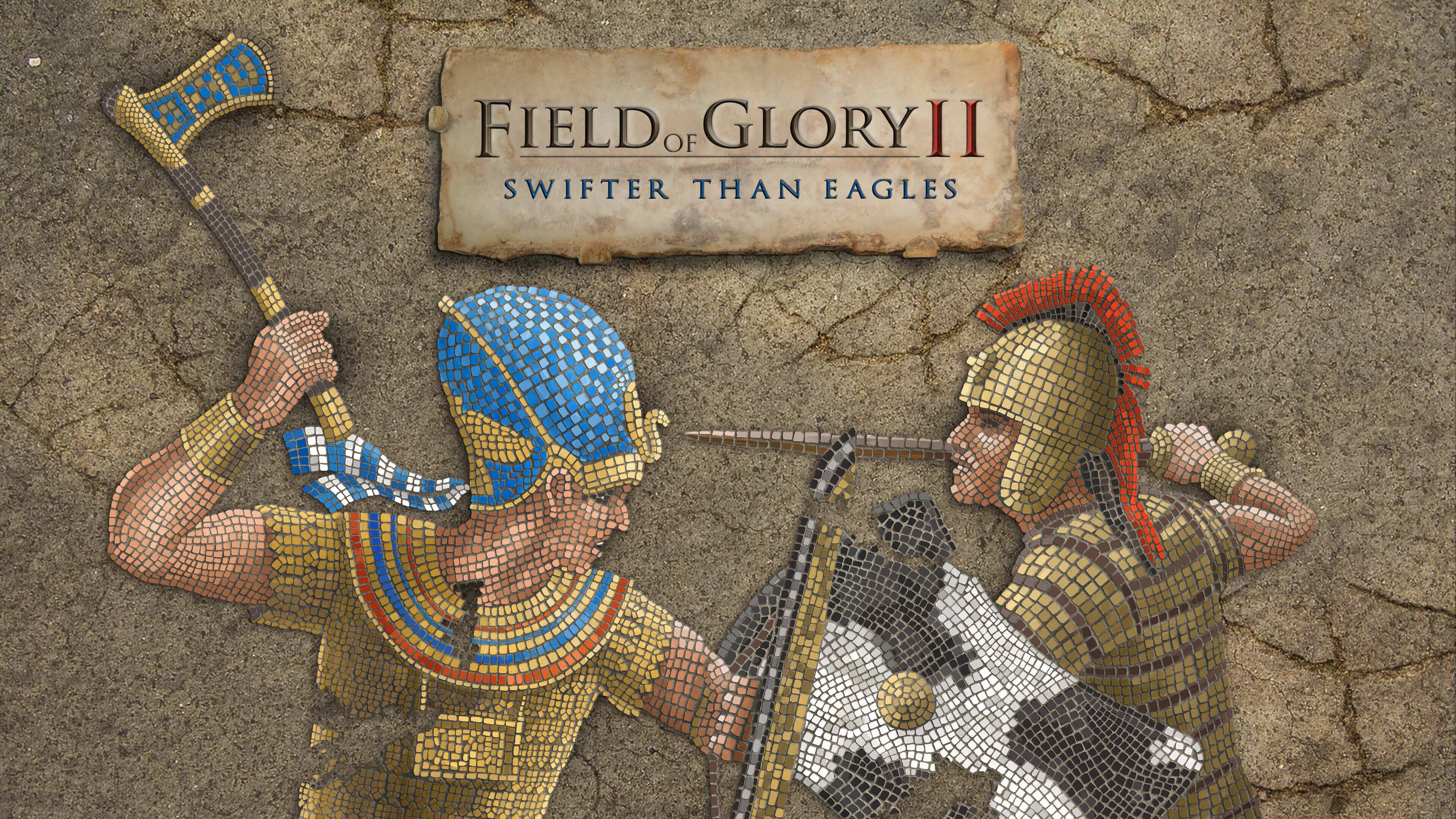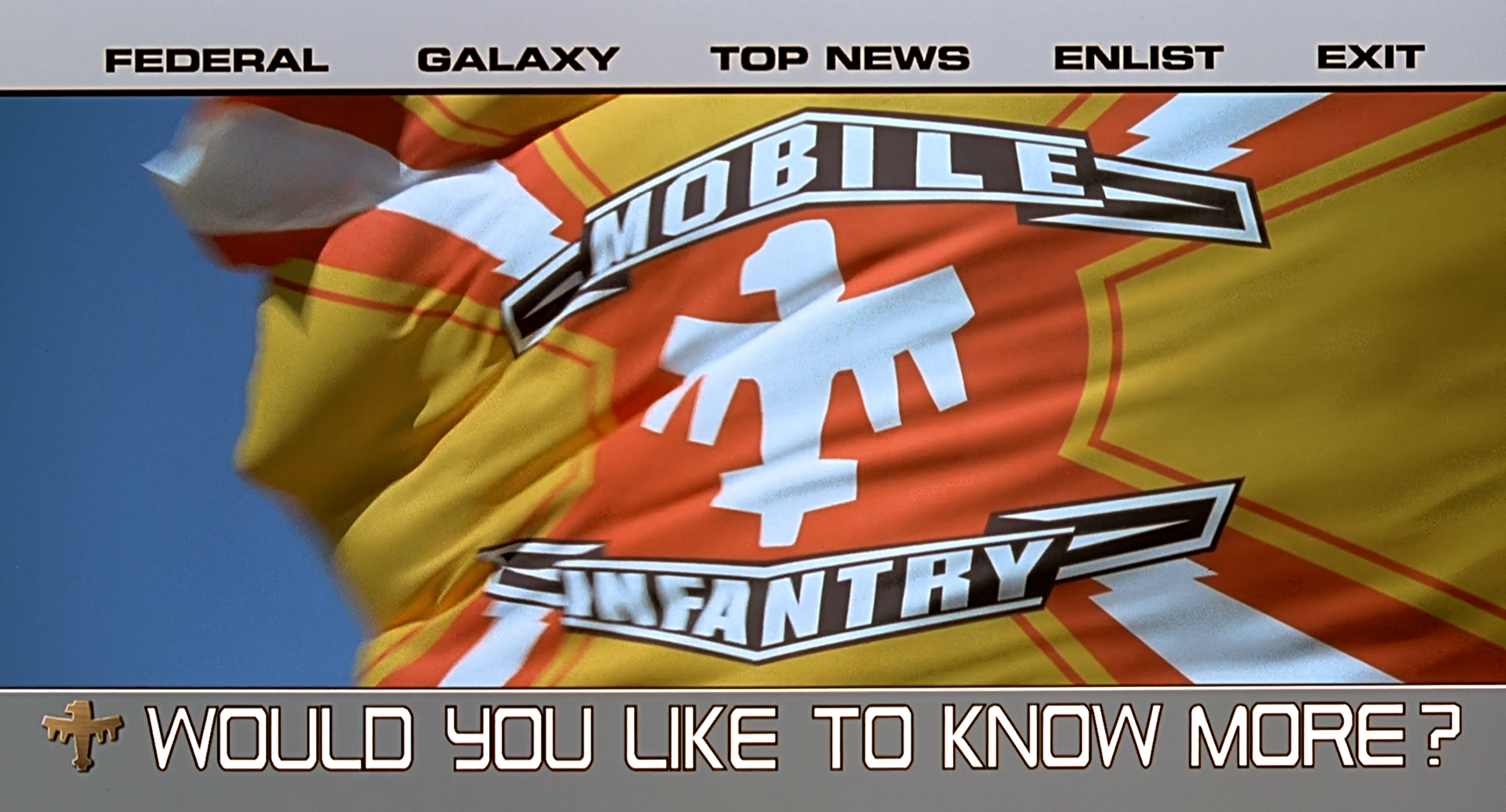Tag Archives: Brant
Tuesday Interview – Luke Hughes of Burden of Command
The main brain behind the forthcoming Burden of Command has a chat with GrogHeads ~
Brant Guillory, 11 July 2017
When I hear “Burden of Command” I start to flash back to my days as a company commander, and being buried under a pile of 15-6 investigations, dental cat-IVs, and guys who couldn’t qualify with their personal weapons. I’m assuming the newly-announced “Burden of Command” game isn’t a game of competitive administrative duties. Give us the thumbnail insight of what we can expect in the new game, and why this one is more focused on the ‘burden’ of command than other similar games on the marketplace?
Damn, I can run but now I can’t hide. A real company commander, I’d love to know when and where! (ed note: nothing exciting – it was a National Guard HHC while the rest of the battalion was mobilized)
Now you are so right, real command is a lot of administrative tedium puncture by rare moments of terror. However, maybe not such a great game. Though the game “Papers Please” might teach us differently. What you can expect in BoC is not only the command and control decisions you associate with classic wargames (directing fire and maneuver, and the 4 F’s: find, fix, flank, and finish) but the morale oriented decisions we might associate with a classic tactical board game (ASL, Combat Commander, Band of Brothers, Fields of Fire).
Finally, and more unusually, you must take responsibility for the “preserve” decisions around the men’s physical and psychological welfare on and off the battlefield. They will look to you for the right mindset to adopt in the face of war. Novelist Karl Marlantes, who dropped out of his Rhodes Scholarship to serve as a 1st Lieutenant in Vietnam wrote “What It is Like to Go to War.” He argued that, like it or not, when you go to war you enter a spiritual journey because you are in the presence of death. You have entered the “Temple of Mars” as he so eloquently put it. Whether or not you or your superiors have prepared you for that experience, and for making life or death decisions is a different question. But the burden will be yours, prepared or not.
In sum, leadership in BoC is “Direct, Motivate, and Preserve.” And the burdens are many.
The Tuesday Interview – Brian Train (The Game Theorist!)
Brian Train stops back at GrogHeads for an asymmetric interview ~
Brant Guillory, 9 May 2017
Let’s start this off with a whopper: all-time best game you’ve ever played? Why that one?
Hmm. I really don’t know what would be the all-time best one. One I never seem to get tired of is Minuteman, the Second American Revolution by James Dunnigan. I played it again and again back in the day, and one of the first variants I ever designed was for that game. The premise back then seemed farfetched but 40 years later, I am not so sure. But I liked the processes of building up an insurgent movement, or the counter to it, through covert and semi covert actions, and the eventual payoff of an actual revolution. The various scenarios were interesting too, including two occupation/resistance ones and a four-way second civil war that could develop any number of ways.
I think I got more out of that design than any other SPI game I played, but a close second would be South Africa; another game people say they love to hate but I spent a lot of hours tinkering with it.
The Tuesday Interview – Tom Russell of Hollandspiele
Hollandspiele has joined the ranks of wargame publishers. Tom stops by for a chat ~
Brant Guillory, 25 April 2017
So… another game company, eh? Why break off and start your own publishing house instead of just bringing your games to an existing publisher?
Well, as far as my own designs go, I’ve done that. Of the twenty-five games I’ve had published, only six have come out through Hollandspiele. So, that’s nineteen times someone else has put up their money and said, okay, let’s have a go at this. And that’s satisfying and gratifying, but it has three real disadvantages.
Of the twenty-five games I’ve had published, only six have come out through Hollandspiele.
First, as far as monetary compensation goes, the designer really gets the short-end of the stick a lot of the time. This isn’t true all the time– I’ve had publishers that gave very generous royalties, and publishers that were a lot stingier. Now, I’m talking about wargames specifically here, because in the euro market, the designer gets better pay. I have a couple of euro-style games coming out in the next year or so from a certain publisher that I’m contractually unable to mention by name at this time, and my advance for that was more than the royalties on all my previous (non-Hollandspiele) games combined. So, with wargames, it’s a much smaller piece of the pie, though again, it varies. I was talking with a designer who is working with us on a game, and also has worked with GMT, and was surprised to hear that, in terms of royalty-per-copy, Hollandspiele pays better than GMT. Now, GMT has the volume, so they’re getting more money from GMT than they are from us, because they’re selling an order of magnitude more copies than we are. But still, I thought that was interesting, because while the royalties we give are more than what I got for most of my wargame designs, I didn’t think that our royalty rate was necessarily all that generous. I just thought it was equitable.
The Tuesday Interview – Dr James Sterrett talks Brown Bag Wargaming
With the recent launch of CGSC’s “Brown Bag” wargaming lunch program, we reached out to the guys at Ft Leavenworth to ask about how hobby wargaming is making its way (back) into the professional ranks ~
Brant Guillory, 07 February 2017
So there was mention of a “brown bag” lunch series of wargames for Army officers to come learn about this crazy hobby of ours, and – we’re assuming – learn how it can all tie into the profession of arms for their future benefit. Can you tell us a little bit about how the series got started, and what the expectations were for the initial ramp-up of the program?
The idea for the Brown Bag Gaming Program came from our desire to provide a wider array of games that we can fit into our Training with Simulations elective course. The more we thought about it, the more objectives we realized it might fill.
The core tenet of Brown Bag Gaming is that the development of simulations professionals requires the exploration and discussion of a wide variety of modeling and simulation approaches. The best means of accomplishing this is to experience the models and simulations in action. Less formally, that means playing games and thinking about them critically.










